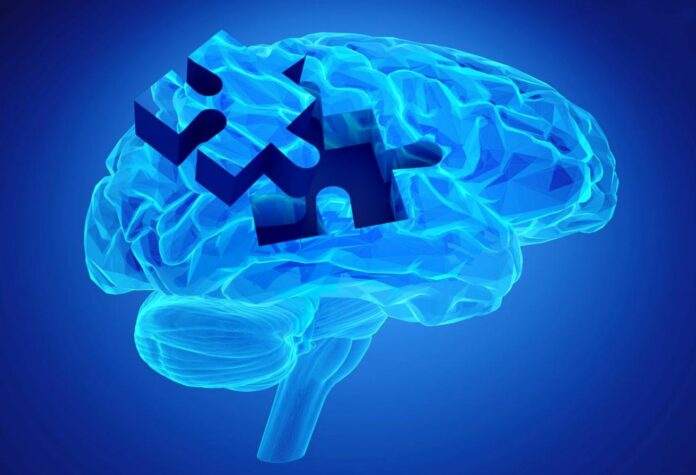This can also be the reason for “the psychiatric symptoms” of Alzheimer’s Disease identified at late stages.
New findings from the Institute of Psychiatry, Psychology & Neuroscience (IoPPN) at King’s College London indicate that individuals with Alzheimer’s disease (AD) may perceive pain differently than healthy individuals, based on a study conducted on mice.
Published in Nature Communications, the research suggests that the perception of pain in people with AD could be altered and prompts further investigation into whether managing pain differently could enhance their quality of life.
Although chronic musculoskeletal pain is prevalent among AD patients, it often remains untreated due to the cognitive impairments associated with the disease.
The study aimed to explore potential alterations in the nervous system’s response to pain in individuals with AD.
In healthy mice, pain signals are transmitted from the source to the central nervous system to initiate an immune response. Galectin-3, a protein responsible for pain signal transmission to the spinal cord, was observed to bind with another protein called TLR4 to initiate the immune response.
To investigate further, researchers employed a mouse model of AD and induced rheumatoid arthritis, a chronic inflammatory disease, in the mice through blood transfer. They observed an increase in allodynia, a type of pain triggered by non-painful stimuli, as a response to inflammation. Additionally, heightened activation of microglia, immune cells residing in the spinal cord, was observed. The researchers attributed these effects to the regulation of TLR4.
Interestingly, mice with AD lacked TLR4 in their central nervous system’s immune cells, resulting in an atypical perception of pain signals. As a consequence, these AD mice experienced reduced pain associated with joint inflammation and a less robust immune cell response to pain signals received by the central nervous system.
Professor Marzia Malcangio, the senior author of the study and a Professor of Neuropharmacology at King’s IoPPN, remarked, “Nociceptive pain—pain which is the result of tissue damage—is the second most prevalent comorbidity in individuals with Alzheimer’s disease.”
And this study shows “that, in mice with Alzheimer’s, the body’s ability to process that pain is altered due to the lack of TLR4; a protein vital to the immune response process in the central nervous system.”
These findings are crucial “as untreated pain can contribute to the psychiatric symptoms of the disease. Increasing our understanding of this area could, with more research, lead to more effective treatments and ultimately improve people’s quality of life,” Professor Malcangio added.
“The results of this study have the potential to make an impact,” emphasized first author George Sideris-Lampretsas, “not only by identifying Galectin-3/TLR4 as a potential therapeutic target for chronic pain, but most importantly by raising awareness around the underreported and untreated pain experienced by patients with AD.”
Image Credit:
